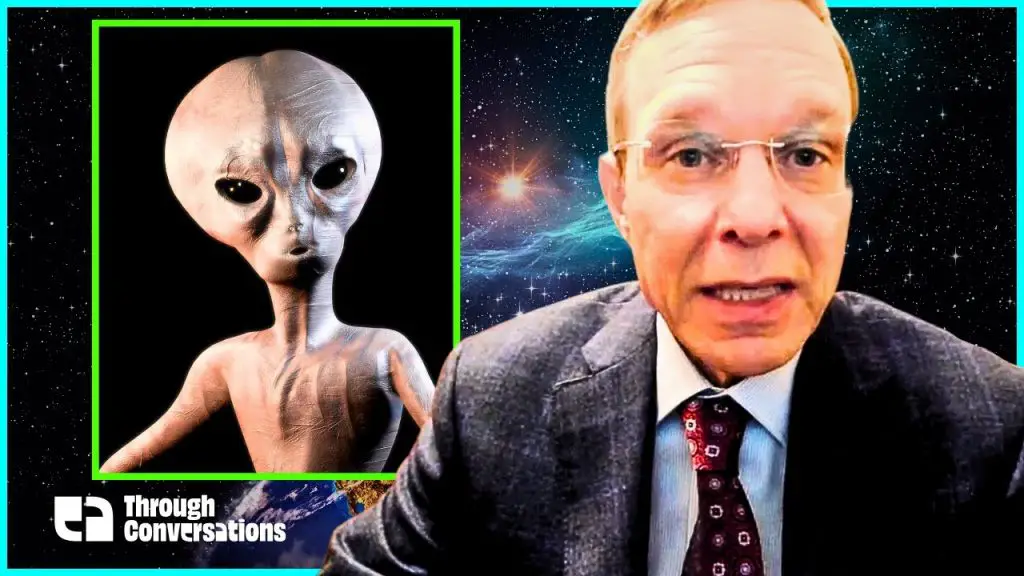
In a world where the possibility of extraterrestrial life captivates the imagination of many, the question of how humanity would fare in the face of an alien invasion remains a topic of intense speculation and debate. Avi Loeb, a renowned astrophysicist from Harvard University, offers a perspective that challenges conventional narratives surrounding this speculative scenario.
The Foundation of Fear and Fascination
Public interest in aliens often oscillates between curiosity and apprehension, reflecting a deep-seated fear of the unknown. A poll conducted by Loeb revealed a predominant belief that contact with extraterrestrial beings could have catastrophic consequences for humanity. This sentiment, according to Loeb, is rooted in the human tendency to anticipate negative outcomes from unfamiliar situations, a psychological artifact of our evolutionary history.
Tribalism in the Cosmic Context
Loeb draws parallels between the fear of alien encounters and the tribalism that characterizes human social interactions. Just as individuals align themselves with groups that share their views, thereby ostracizing those who do not, humanity as a whole tends to view potential extraterrestrial beings through a lens of suspicion and hostility. This instinct, while beneficial in a world of limited resources, may not serve us well in the vast expanse of space, where resources are abundant and the potential for collaboration with advanced civilizations could be transformative.
A Learning Opportunity, Not a Threat
Contrary to the popular narrative of doom, Loeb views the prospect of encountering advanced alien civilizations as an unparalleled opportunity for learning and growth. Given the immense distances involved in interstellar travel, any civilization capable of reaching Earth would likely possess technology far beyond our current understanding. Rather than posing a threat, these civilizations could offer insights and knowledge that propel human technology and society forward in leaps and bounds.
Rethinking Our Place in the Universe
The discovery of extraterrestrial life would inevitably force humanity to reconsider its place in the universe. Loeb suggests that this could be a humbling yet enlightening experience, pushing us to abandon our tribalistic tendencies in favor of a more unified view of humanity as part of a larger cosmic community. This shift in perspective could lead to a more cooperative and peaceful existence, both among ourselves and with any neighbors we might encounter in the galaxy.
VIDEO: Could Humanity Survive an Alien Invasion? Harvard’s Avi Loeb Offers His Perspective
Avi Loeb’s perspective on the potential for human-alien interaction is a beacon of optimism in a field often overshadowed by fear and pessimism. By advocating for curiosity, openness, and a willingness to learn from the unknown, Loeb encourages us to view the possibility of extraterrestrial encounters not as a threat, but as an opportunity to advance our understanding of the universe and our place within it. As we continue to explore the cosmos, keeping an open mind about the potential for alien life could be the key to unlocking a future of unprecedented growth and cooperation.
Subscribe to our email list to receive the latest UFO videos, news and photos (weekly).

Leave a Reply